It can be both exciting and unnerving to start school for the first time. It can also be overwhelming for parents and carers to watch their kids take on new responsibilities and make lots of new friends.
When each child and parent is faced with this transition, they may react differently. Some children may cling to their parents in fear at the notion of moving to school, while others might be excited to make new friends and learn new skills. Similarly, some parents may feel an increasing sense of relief as they regain their normal day-to-day routine, while others may experience a sense of loss or worry at the thought of their child being away from them for most of the day.
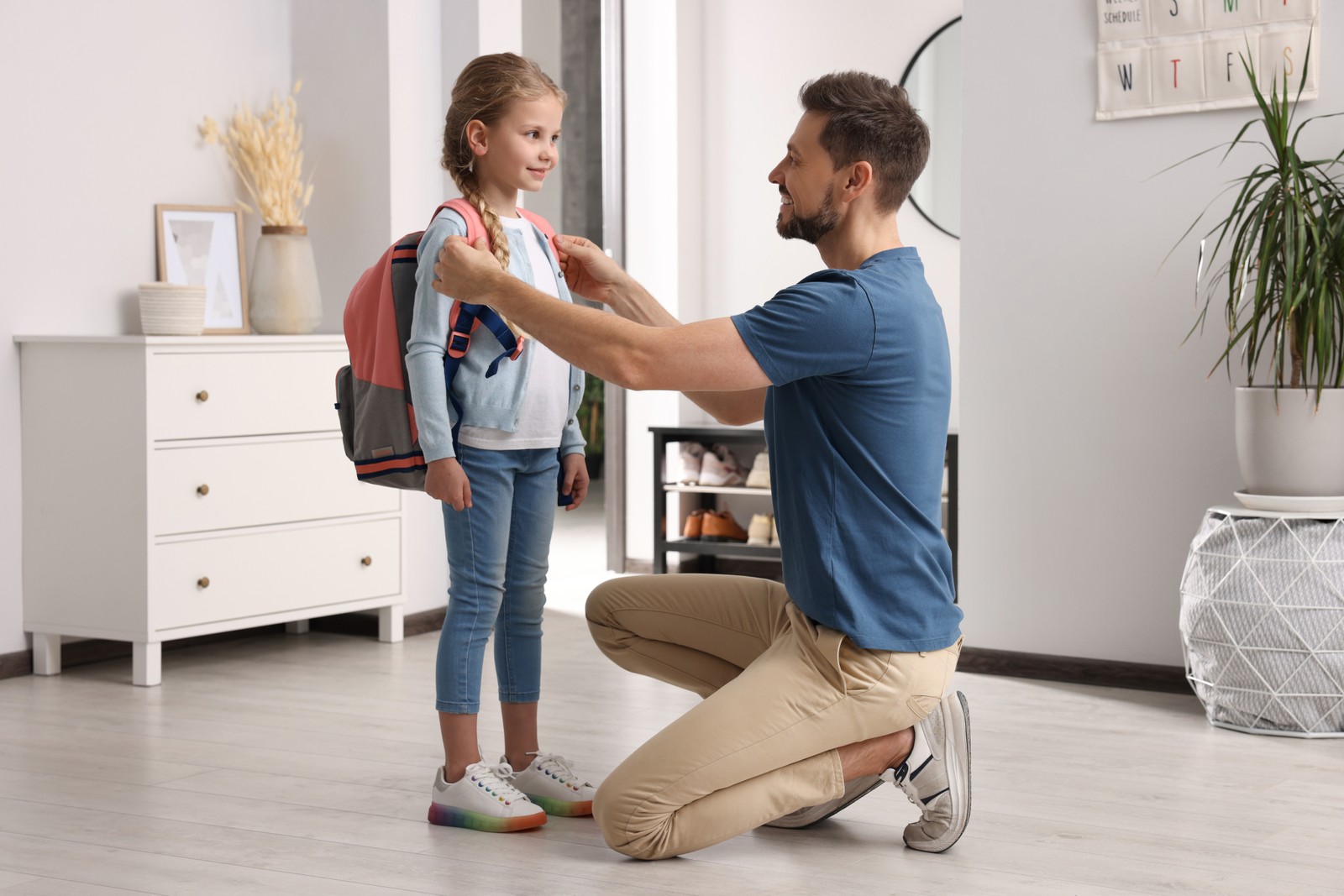
There's not a lot you can do to prepare for how they will react to these new changes, but there are plenty of things you can do. Be proactive with your planning and encourage your child to become engaging in 'school-readiness' skills before the start of a new school year. When they are well prepared, children gain self-confidence and are more likely to excel on their first day of school.
Listed below are a few of our suggestions for parents and other caregivers to help kids get used to starting school:

Help them become accustomed to the school setting
When children start primary school, they'll find that there are more classrooms with more students than before. There's also a higher staff-to-student ratio with more teachers and helpers, so it will take some time for them to get used to this.
Make sure your child knows how to get to school before sending them out. Take them to the bus stop, drop them off, and then check back to see if they made it safely. Talk to them about what they'll encounter during the day and ask them questions about how they feel. You can also talk to them about what they're excited about and let them know what they should expect. You can also use this time to explain some general routines such as lining up for class, placing things in their locker, using a shared toilet, and getting on and off the bus. If your child has any concerns or questions that were not addressed during your tour with them, speak to the school about additional tours.
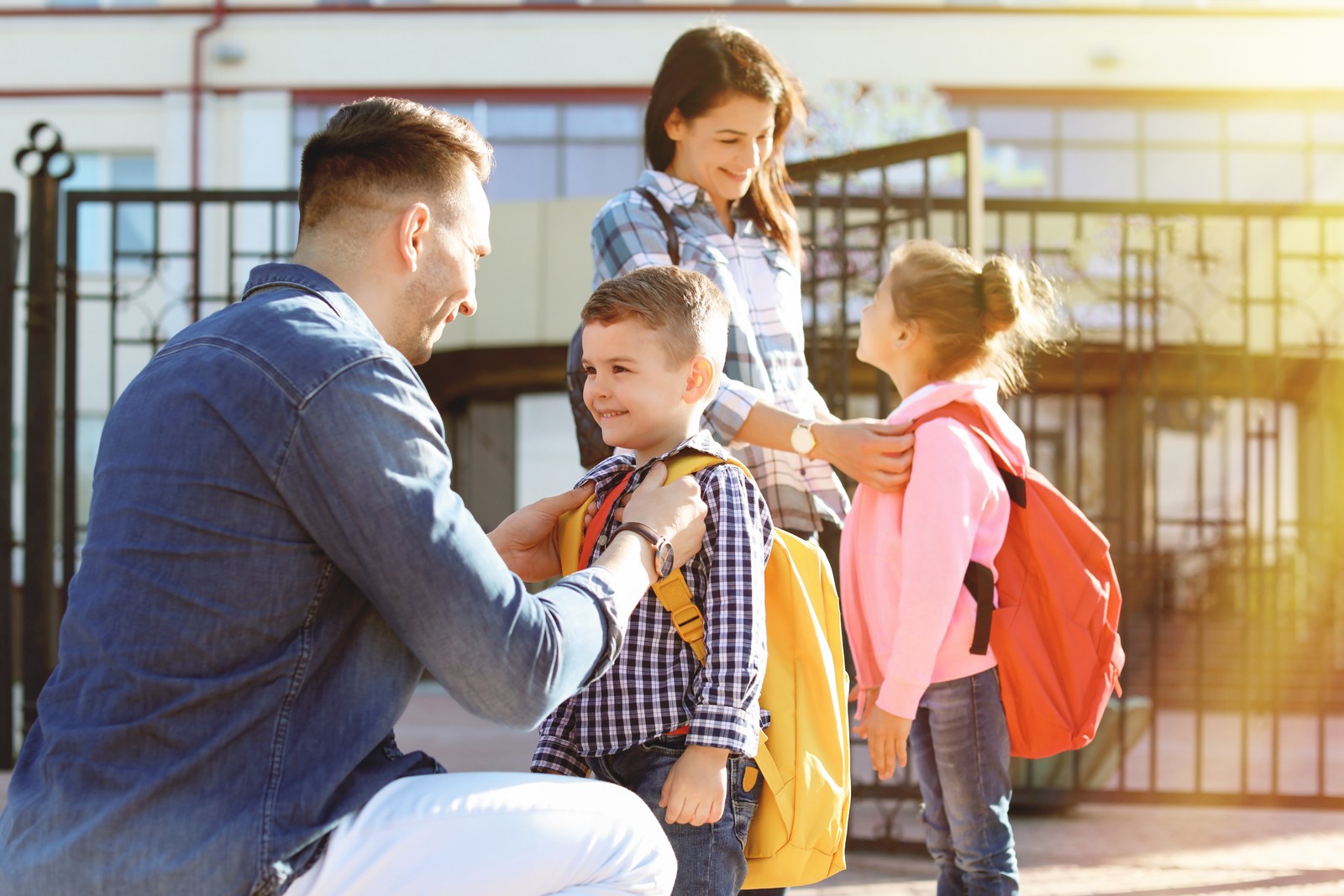
Check out orientation days and information evenings. This is when you'll learn about school expectations, uniforms, class schedules and supplies.
Drive past the school after dark during the initial weeks before the start of classes. This will get them used to being out while it's day and night, and help you gauge how much time they'll need getting to and from school.
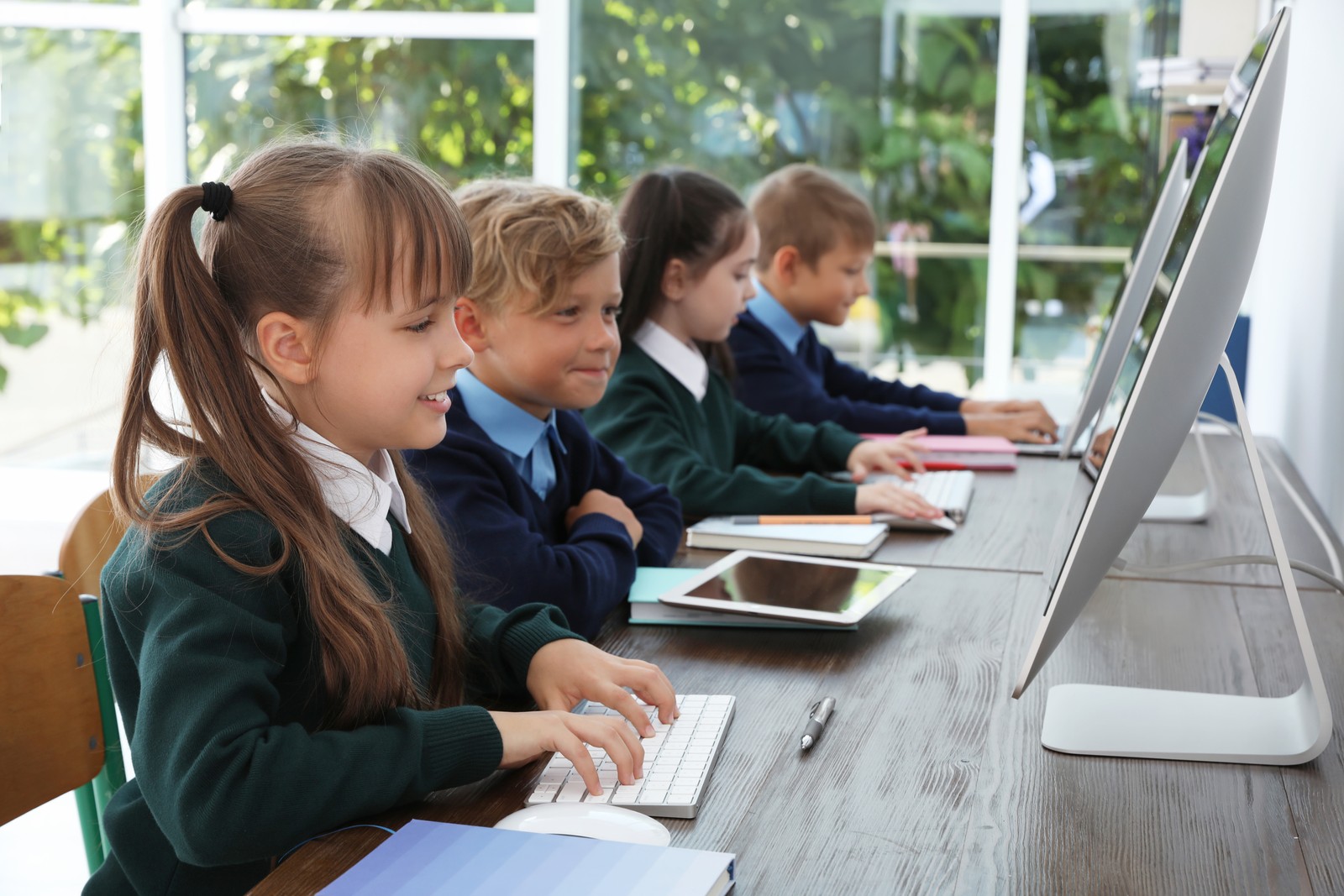
Make learning and starting school exciting
Children's love of learning can be fostered by talking about the enjoyable things they will learn and demonstrating excitement.
As our own emotions can have a significant influence on how children respond to new situations, it's important not to express any anxiety around school when speaking with your child otherwise they may also begin to feel apprehensive. Use an excited tone when talking about starting school to help them feel more confident about the transition. Of course, you may get anxious as well—you’re not alone!
Consider reading for your own pleasure and engage them in what you’re reading. You could also read some new books together.

Help them become more independent
Children need to be as independent as possible when they start school. Do a few exercises with them at home in advance to get them ready. Dress up in their uniforms and try zipping, buttoning, and strapping up anything they come across while they're learning how to do it themselves.
Buy some proper shoes at the earliest opportunity to allow your child enough time to practice dressing themselves outside of school. Help boost their confidence by relating their successes with more difficult tasks like tying their own shoes together or tucking in their shirt into the pants.
Remind your child that adults will always be there to help them out if needed, but that they want them to be as independent as possible so they can feel good about themselves and know what they're doing.
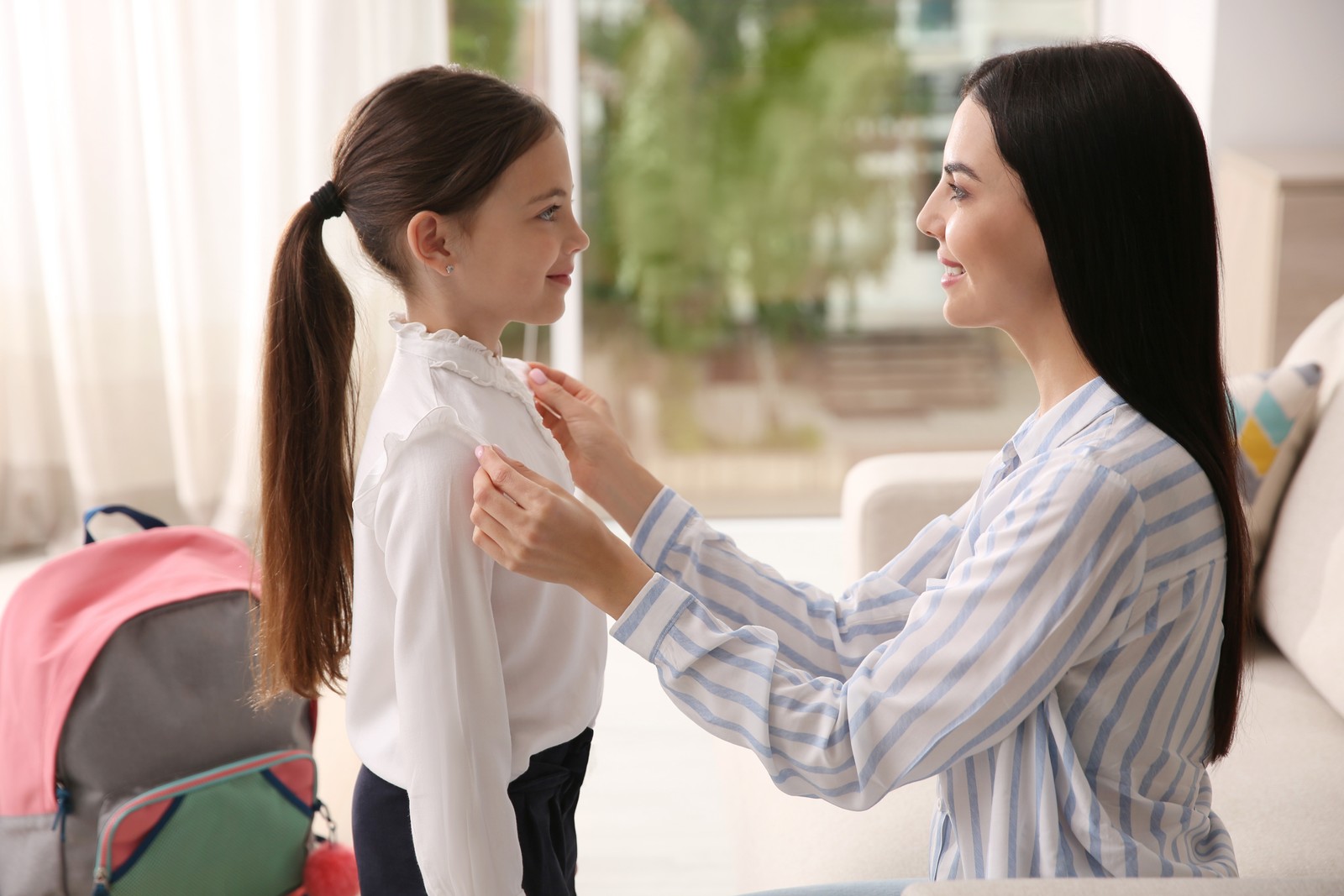
Let them play
While learning new things can be exciting, it's also vital to make sure your child has time to play and enjoy themselves. Playing leads to several benefits for kids of all ages. Play provides the opportunity to interact with other children and practice social skills and effective communication, as well as practice their motor skills through games and physical activity.
Schedule some playdates with their friends from daycare or preschool in the weeks leading up to school so they'll have a few familiar faces waiting for them on their first day.
Play is a crucial tool for the development of emotions. Kids who play completely explore their world and gain confidence as they do so.
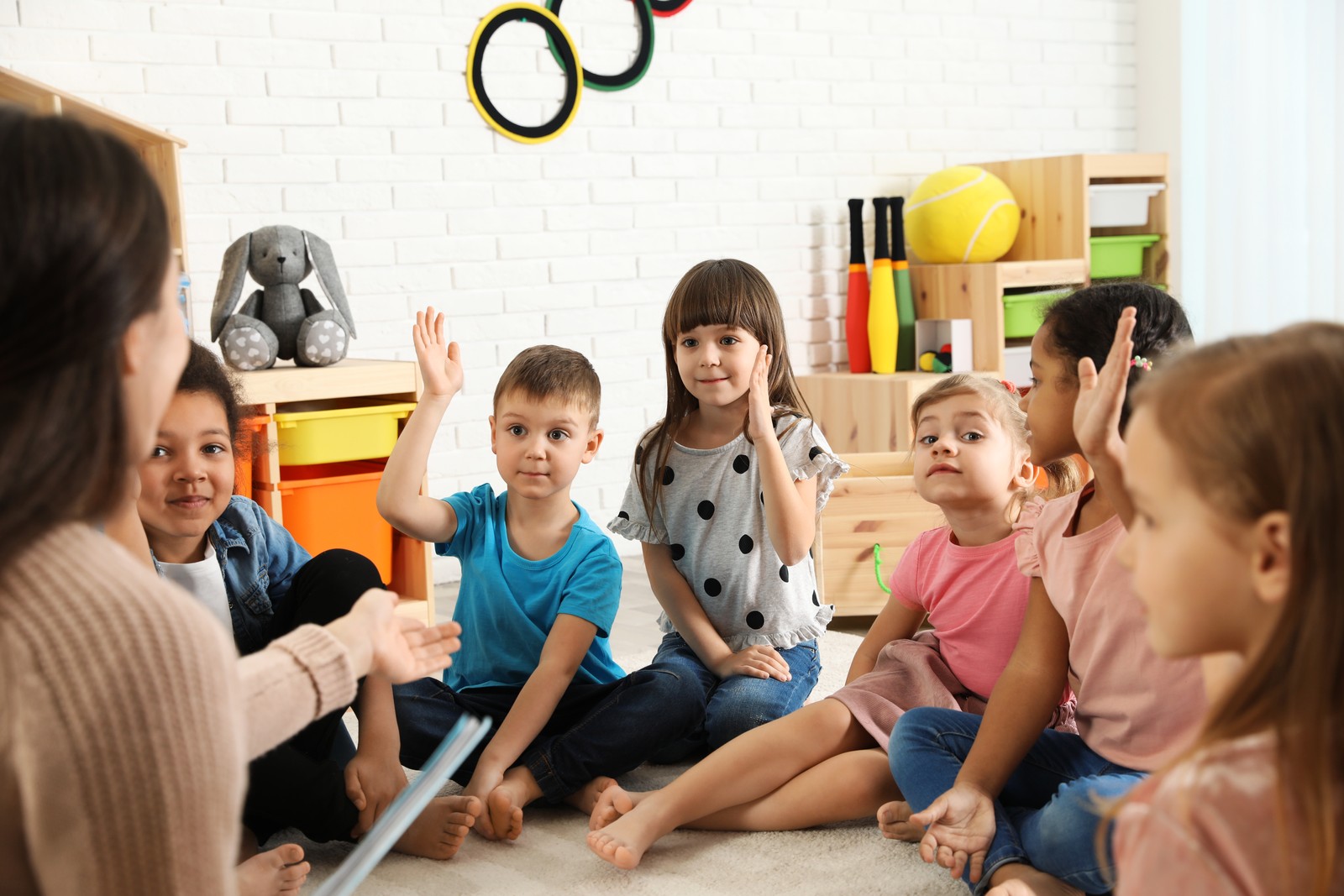
Africa Images: How we can help
Africa Images will help you reach your business objectives by bringing your concepts to life with immaculate stock photos and graphics that are suitable for commercial usage.
Our team of experts works tirelessly to produce material that is both of the highest caliber and most varied. We boost the impact and recall of your advertising materials by creating visuals, which leads to higher sales and knowledge of your company.
We have photographic categories for anything from education to pregnancy to transportation. We highlight the most recent and popular trends in the featured collections section to help you come up with creative photo usage concepts for advertising, websites, and other marketing initiatives.
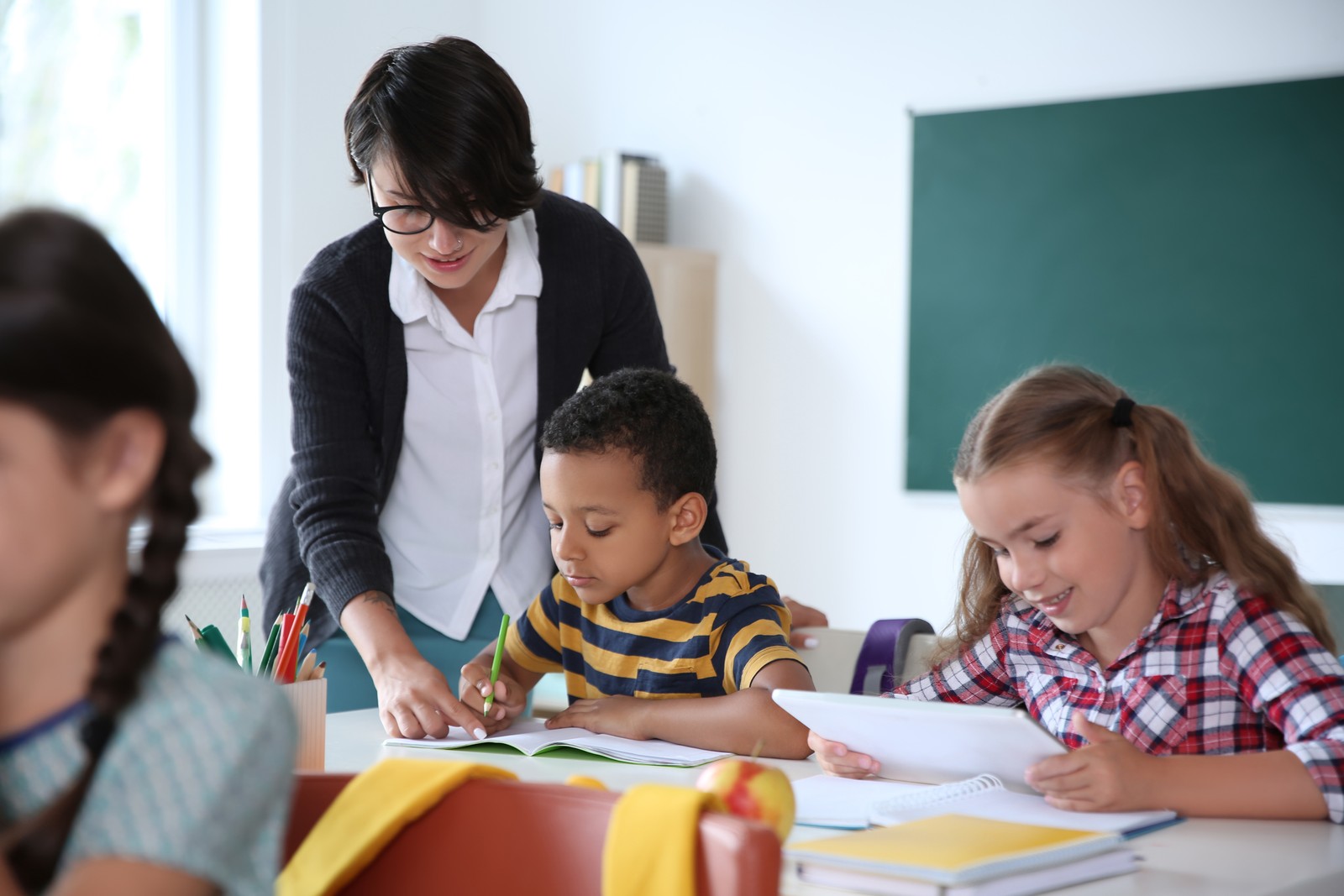
---
Africa Images is a passionate team of professionals. Our goal is to make africaimages.com the best place to buy visual materials taken by Africa Studio for individual, business, and non-commercial projects, including but not limited to informational, educational, cultural, and scientific uses.



